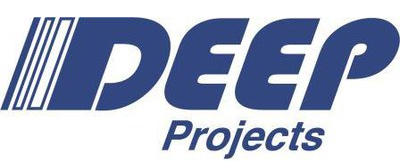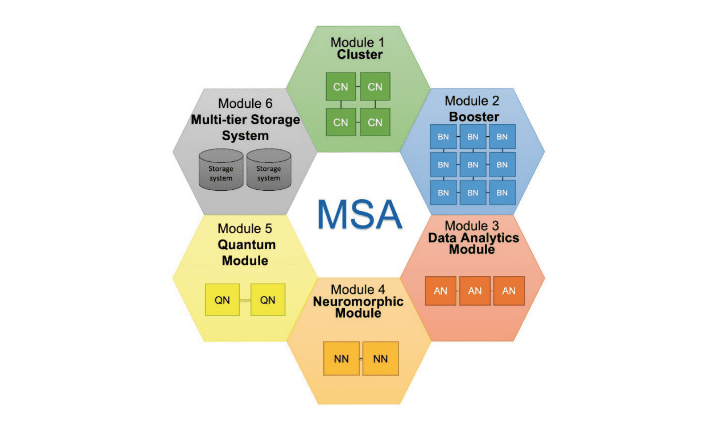DEEP-SEA joined forces with the other EuroHPC JU projects IO-SEA and RED-SEA to develop complementary European technologies to build future heterogeneous Exascale supercomputers.
Together, the three SEA projects aim to realise the shared vision of a modular supercomputer architecture, a vision that is jointly pursued by the Jülich Supercomputing Centre (JSC), CEA (the French Alternative Energies and Atomic Energy Commission), Atos and ParTec. The four core partners brought together project consortia with world-leading expertise from academia and industry to help make highly versatile and energy-efficient European Exascale systems a reality.




